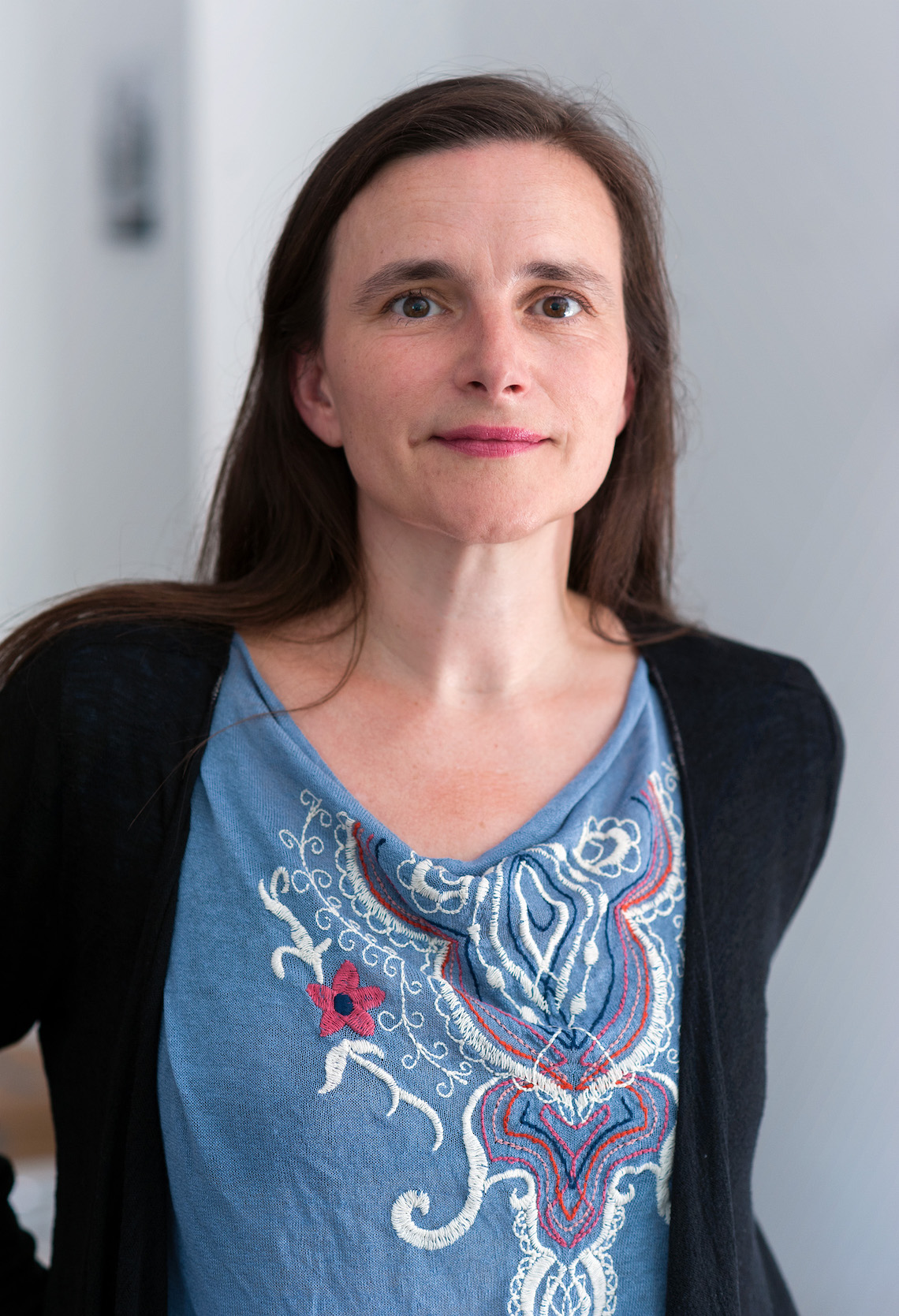
"Supporting women in the film industry means supporting a more diverse cinema"
It’s been five years since Austrian director Barbara Albert presented her last film, „The Dead And the Living“. Now she is back in the festival circuit with her new movie „Mademoiselle Paradis“ that tells the story of the blind 18th century musician Maria Theresia Paradis and her struggle to regain her sight. The film has already been screened at Toronto and San Sebastián, and the German premiere took place at Filmfest Hamburg, where EWA blogger Sophie Charlotte Rieger had the chance to meet with Barbara Albert for an interview.
Is Mademoiselle Paradis a movie about an emancipation process?
Yes, and that’s quite important. The film is about a woman who is not allowed to be who she is and who starts to liberate herself in the course of the story, though the completion of this process is an ambivalent one. In her historical situation she might even have more freedom as a blind woman, because as a sighted, “functioning” woman she would be exposed to a different set of restrictions, as for example the requirement to get married. So the question arises: Was Maria Theresia Paradis aware of this? Did she know that being blind gave her freedom, and access to a private sphere and musical career?
Why did you decide to tell this part of the story that talks about Maria Theresia’s treatment instead of showing her musical career later on in her life?
On the one hand, the movie is based on a novel, which is even more focused on Maria Theresia’s relationship with her doctor, Franz Anton Mesmer, than the movie is. But we really wanted to focus on this woman and her inner coming of age process. On the other hand, this is not only a story about emancipation but also about music and sensations. That was my main interest as a filmmaker: To see and to be seen. Maria Theresia is being looked at, voyeuristically even, but at the same time she is learning to see: What’s it like to have such an innocent view on the world?
Besides being a director you teach at the Konrad Wolf film school in Babelsberg and you are co-founder of the Austrian Film Academy. What is your take on the current state of cinema in general?
There is no way denying the massive changes cinema has undergone within the past 20 years since I started filmmaking. My first feature film “Northern Skirts” attracted a way bigger audience than any new film could do. People increasingly watch movies at home. TV shows get more and more popular. At the same time, there are still movie theaters that see themselves as curated places, more in the sense of a museum. It would be nice if every mid-sized town had a place like this.
The German National Film Fund recently published a list of movie projects to be funded in the near future and there was not a single one with a female director. Is this something that you think about?
Yes, absolutely. I’m in favor of the female directors’ quota, I’m a member of Pro Quote Regie and co-founder of FC Gloria in Austria. At my film school I noticed that less women apply for directing than before, especially in the Bachelor program. This has changed a bit within the past years but I don’t have any theory yet to explain this situation.
What is the situation of female filmmakers like apart from film school?
I just came back from Toronto where a quarter of the movies were directed by women. I’m going to be in London and there it is a third. This is great and also changes the atmosphere of the festival in a positive way. But there are still A-festivals that manage to program only a single female directed film in the competition section, or even none at all. That’s the glass ceiling we are fighting against.
Supporting women in the film industry means supporting a more diverse cinema. Do you agree?
Yes, and at the same time I renounce the “female gaze” when it is defined as something very sensual, for example. I don’t want to represent THE female gaze.
But maybe you want to tell a different kind of story?
Exactly. There is this longing for new heroines and role models that I felt while I was making Mademoiselle Paradis.


